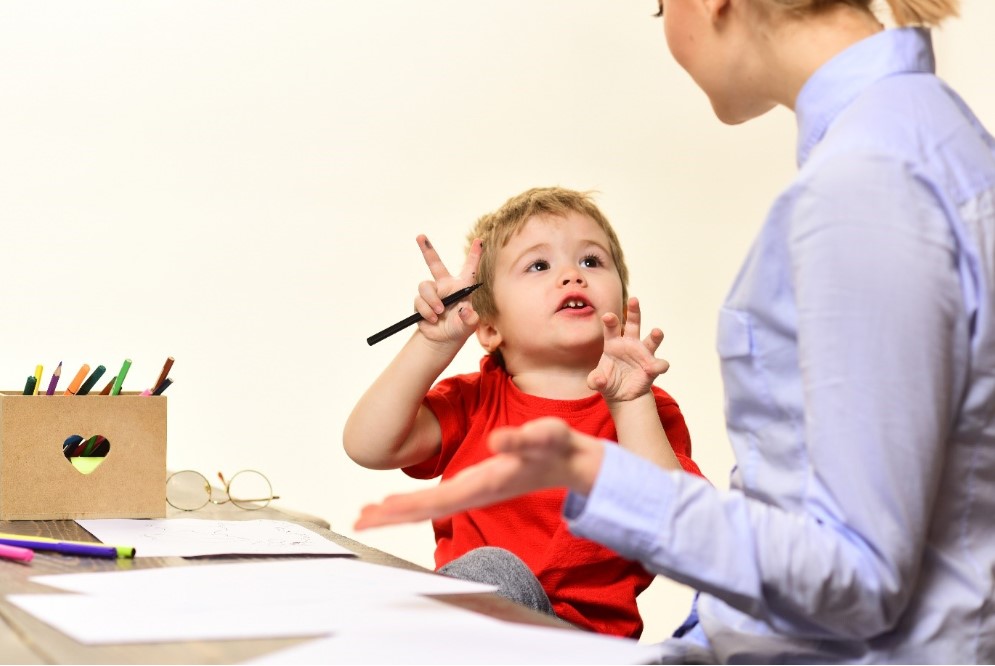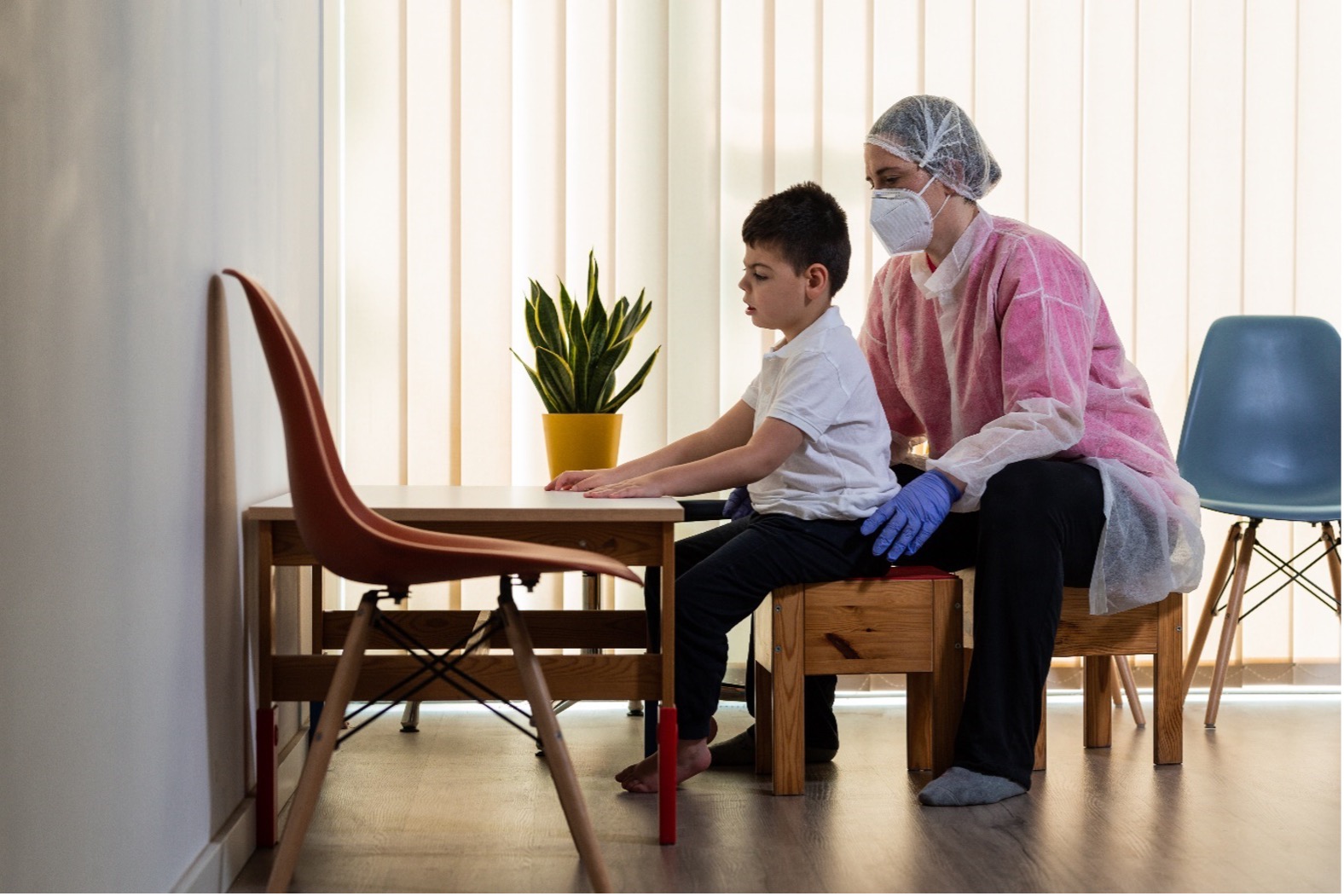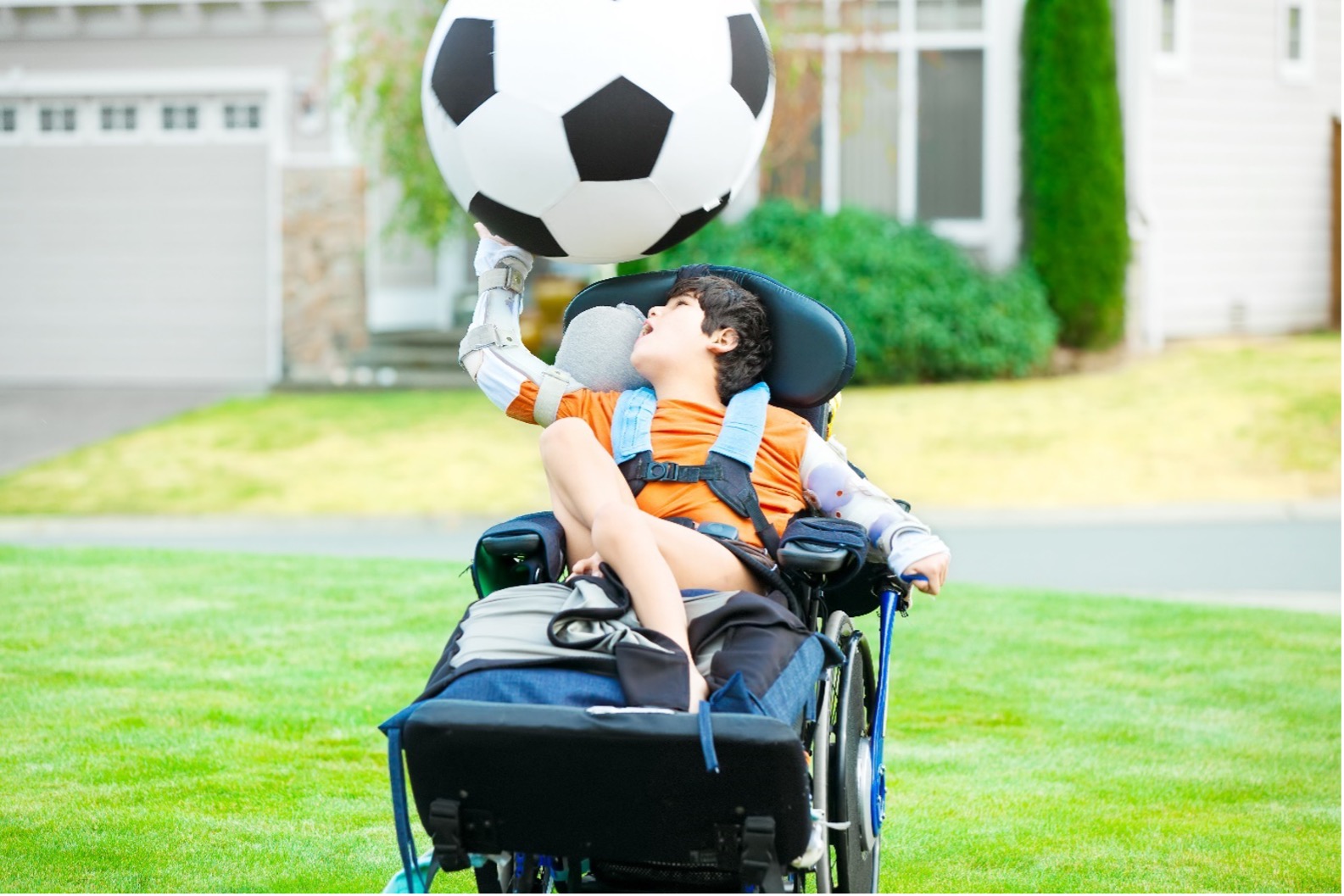What to Expect During A Paediatric Physio Session
As a parent or carer, you want the best for your child. If your child has a disability or chronic health condition, paediatric physio can contribute to helping them thrive. Paediatric physiotherapy involves working with children from infancy through to adolescence. Therapy aims to support healthy development so children can reach their full potential.
Paediatric physios are highly trained in body movement and function. They understand the normal growth and development process, and how various health conditions and disabilities can impact growing minds and bodies. Your paediatric physio will work with your family to help your child gain the best possible function, independence, and quality of life.
Here’s what to expect during a children’s physiotherapy session, including the assessment process and the types of therapeutic supports that might be used to help your child reach their goals.
Paediatric Physiotherapy Assessment
As with any visit to a healthcare professional, the first step involves assessment. A thorough evaluation helps ensure your child will get the most benefit from paediatric physio treatment. Your therapist will complete a comprehensive assessment to better understand your child’s unique needs, challenges and therapy goals.History Taking
Typically, the initial assessment involves gathering information about your child and family. This helps your physio understand how your child’s health issue or disability affects everyday life, which will impact treatment planning. Your physio will probably ask questions about:
- your child’s medical history
- whether they experienced any developmental delays
- their motor (movement) development and current level of function
- how they participate at home, childcare, school, and in the community
- any obstacles or barriers to participation
- what formal and informal supports you have in place
- your therapy goals.
Physical Assessment
The next step in paediatric physiotherapy assessment involves looking at your child’s function. This gives your physio information about their physical capabilities and limitations to support goal setting and treatment planning.
- fine and gross motor skills
- posture
- mobility
- strength
- balance
- coordination
Paediatric Physio Treatment
Paediatric physios use a range of therapeutic supports to improve children’s function, independence and ability to participate at home, in educational settings, and in their communities. These are based on research evidence and best-practice guidelines to help ensure optimal results.
Therapeutic Experiences
Therapeutic exercise is a key component of paediatric physio. Your child’s exercise program will be designed to address limitations discovered during assessment and improve their functional capacity. Examples of therapeutic exercise include:
- functional task training – such as practice sitting up, stepping, jumping, throwing, kicking or climbing stairs
- strength training – using body weight, resistance bands, balls or weights to improve strength in specific muscle groups
- stretching – to improve range of motion and flexibility and help prevent or manage contractures (muscle and joint shortening and stiffness)
- balance activities – such as standing on one leg, walking heel to toe and balancing on different surfaces
- aerobic activities – such as aquatic exercise or training on a bike or treadmill to improve fitness and aerobic capacity
- co-ordination activities – such as practising tasks that require eye-hand coordination or moving the opposite arm and leg.
Exercises for children are designed to be fun and engaging. They will typically incorporate play-based activities to keep children motivated and help them get maximum benefit.
For younger children, activities might include floor-based tasks such as rolling, crawling, reaching, and grasping to support motor skill development. Older children might perform more complex tasks – such as skipping, hopping or sports-specific skills – to improve things like coordination and balance and help them keep up with peers.
Exercises will be carefully selected according to your child’s abilities, and your physio will provide guidance and support throughout.
Manual Therapy (Hands-on Treatment)
Your physio might also use hands-on techniques as part of your child’s treatment. These techniques include joint or soft tissue mobilisation and assisted stretching to improve range of motion and alleviate discomfort. They might also use therapeutic taping or bracing to promote better posture or provide support for weak muscles or joints.
Assistive Technology and Equipment
In some cases, paediatric physio might involve prescribing assistive technologies or equipment. These devices are designed to enhance function and independence and facilitate participation. Examples include:
- orthotics to support a good foot position
- braces and casts to promote better body alignment
- mobility aids such as walking frames and wheelchairs
- supported seating devices to help kids achieve a good sitting position.
Your paediatric physio will explain why they recommend any assistive technologies and support you with device set up, use, and care.
Training Support People
Parents, carers and support people play a vital role in ensuring children get the most from paediatric physio. For example, exercises need to be performed on most days to get maximum benefit from them. Your physiotherapist will educate and guide you to complete exercises as part of your child’s daily routine. They can also train support workers to conduct therapeutic activities such as exercise and functional task practice. When family, caregivers and therapists collaborate, it helps kids make improvements outside of therapy sessions and supports them to achieve their goals.Progress Monitoring
Throughout the course of your child’s treatment, your paediatric physio will track their progress and adjust the treatment plan as needed. New goals can be established as others are met. Your physiotherapist will continue to support and guide you and answer any questions you have along the way.Paediatric Physio with Active Ability
All our paediatric physiotherapists at Active Ability are passionate about helping kids achieve their goals. We focus on working with children with disability, providing support for kids with autism, neurological conditions, and intellectual disabilities.
Because every child is unique, our physiotherapists tailor treatment plans to suit your child’s needs. Using a combination of careful assessment, exercises, hands-on techniques, assistive technologies and caregiver training, we help empower your child to overcome obstacles and thrive.
Our team can visit you in your preferred environment, whether that’s at home, childcare, school, or a convenient local facility. We do not have a waiting list or charge for travel. This means you can get started with therapy right away and make maximum use of your NDIS funding.
To learn more about how we might be able to support your child and family, get in touch with our friendly team
on (02) 9161 5887, hello@activeability.com.au or via our contact form.
Get in touch
hidden
Follow Us



